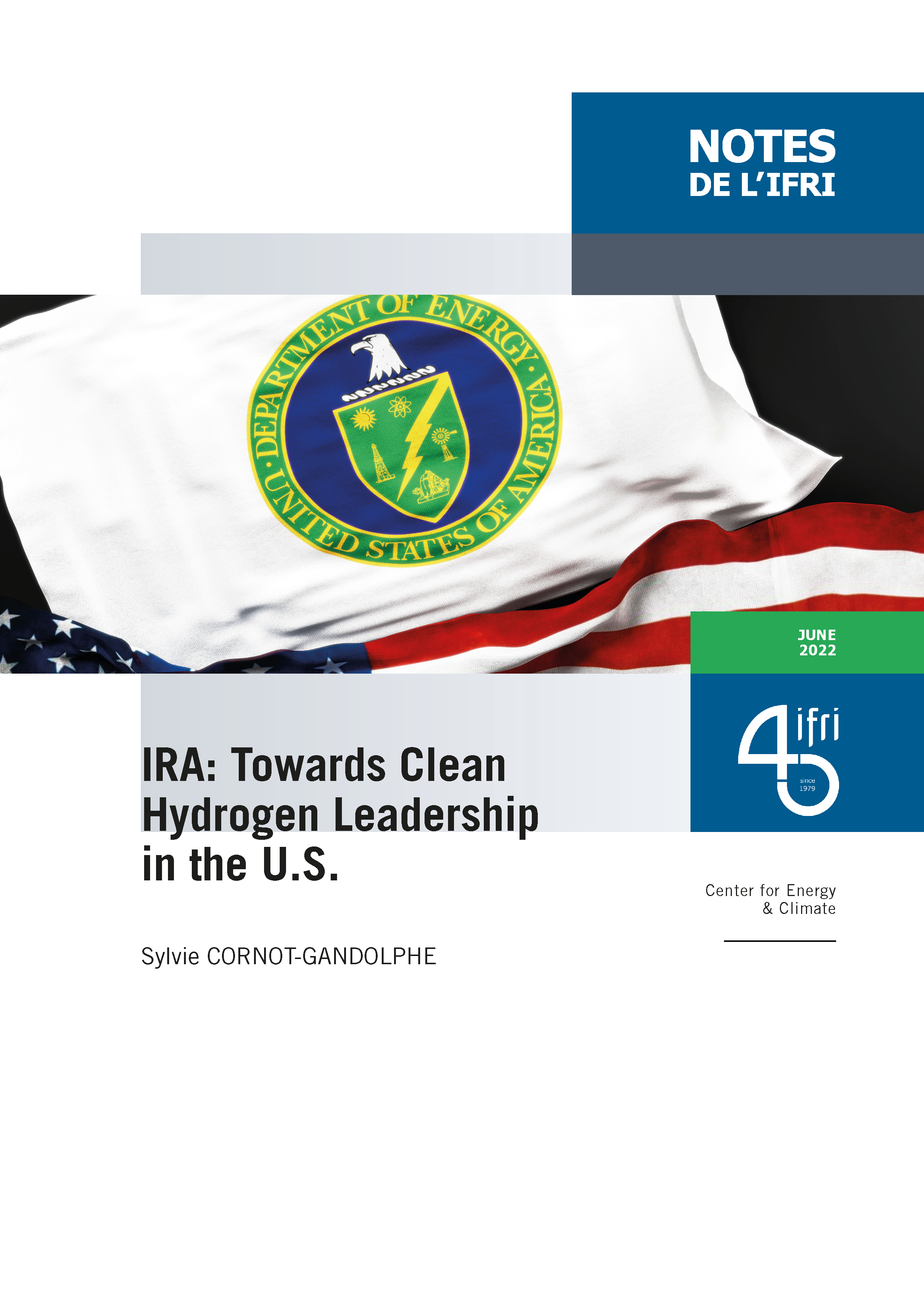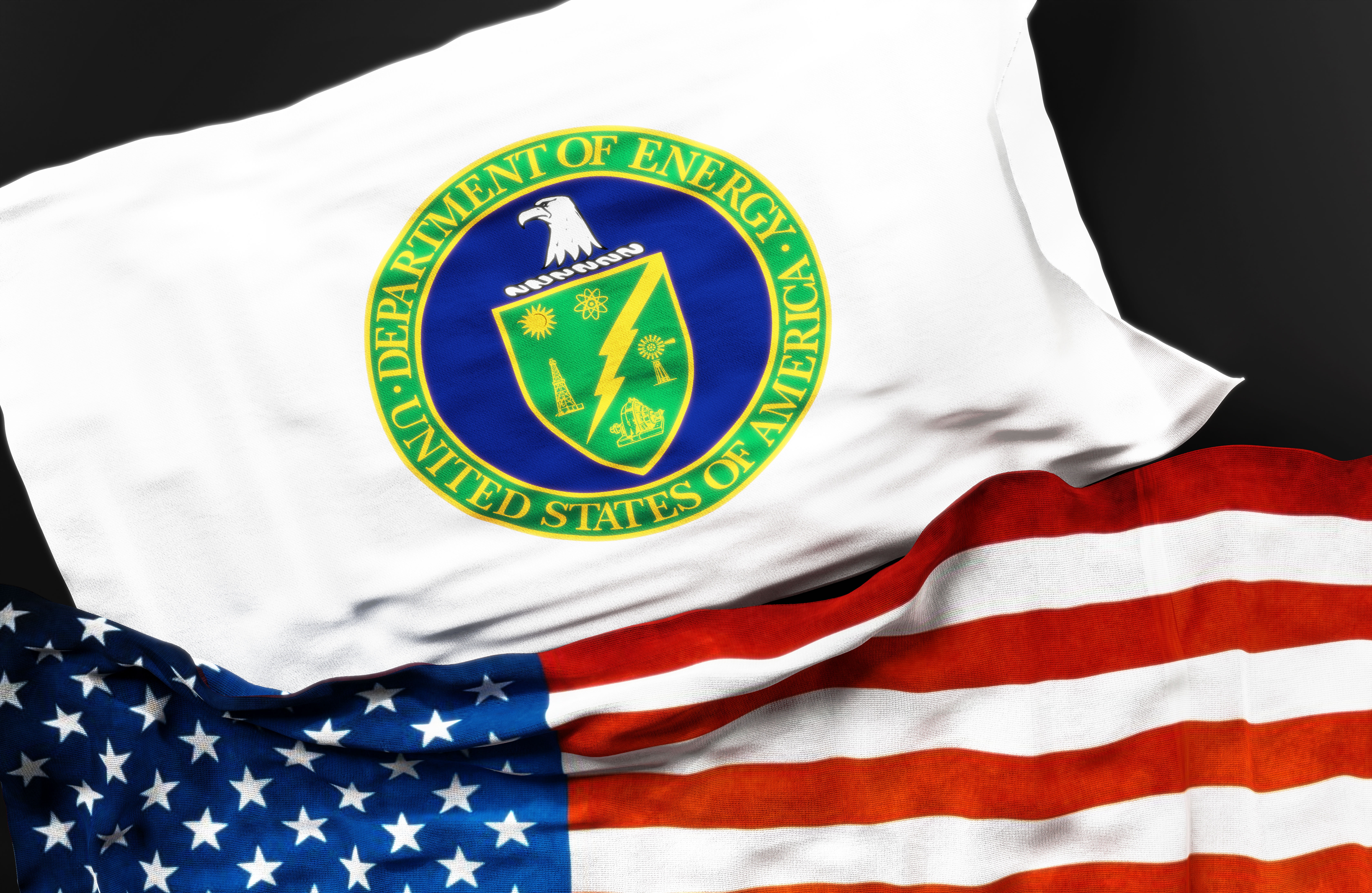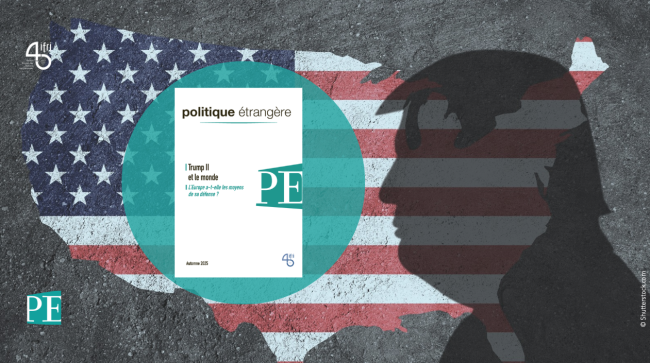IRA: Towards Clean Hydrogen Leadership in the U.S.

Although late in adopting clean hydrogen (H2) and defining a national strategy–a draft was presented by the Department of Energy (DOE) in September 2022–, the United States (US) has strongly reinforced its support to clean hydrogen with the passage of the Inflation Reduction Act (IRA) in August 2022.

The IRA’s support and technology-neutral approach has spurred investors’ interest, accelerated clean hydrogen projects and driven investment in electrolyzers manufacturing capacity. There are now over 100 clean hydrogen production projects announced across the country, with a production capacity of 12 million tons (mt) of hydrogen per year (12mtH2/y) in 2030.
The US is well on track to meet its medium-term objectives. Pathways for clean hydrogen to decarbonize applications have been informed by demand scenarios for 2030, 2040 and 2050, with strategic opportunities for 10 mtH2/y of clean hydrogen demand by 2030, before ramping up to 20 mtH2/y by 2040 and 50 mtH2/y by 2050, representing a cumulative investment opportunity of $85-215 billion through 2030, and $800–1,100 billion cumulative by 2050.
Several issues remain to be addressed–the most urgent one being the implementation guidance of the IRA’s clean hydrogen tax credits.
The sheer scale of US support to clean hydrogen, combined with US assets, could make the nation one of the leading producers, consumers and exporters of clean hydrogen and its derivatives. Moreover, while the US missed the early opportunity to expand into electrolyzer production, the IRA has been a pivotal point, attracting US and European electrolyzer manufacturers to invest in manufacturing plants in the US and challenging China’s and Europe’s dominance. In April 2023, California-based EvolOH accounted for the largest share of projects planned to be operational in the world by 2030. The US could even become the cheapest producer globally and start exports of clean ammonia by 2027.
The strong business incentives for clean hydrogen have shaken up the global hydrogen industry and triggered new policy measures around the world.

Available in:
Regions and themes
ISBN / ISSN
Share
Download the full analysis
This page contains only a summary of our work. If you would like to have access to all the information from our research on the subject, you can download the full version in PDF format.
IRA: Towards Clean Hydrogen Leadership in the U.S.
Related centers and programs
Discover our other research centers and programsFind out more
Discover all our analysesBrazil One Year Away from the October 2026 General Elections
Brazil’s general elections will be held on October 4, 2026, to elect the president, vice-president, members of the National Congress, governors, deputy governors and state legislative assemblies. For the presidential and gubernatorial elections, a second round will be held on October 25 if no candidate obtains a majority of the votes in the first round.
Trump II: The Clash of Ideologies
The second Trump administration brings together a number of very different, even opposing, ideologies: far-right populism, the reactionary Christian right, paleolibertarianism, and technolibertarianism. The most visible measures taken since Donald Trump's return to the White House have been populist in nature, with the president's authority strengthened, checks and balances weakened, a form of identity politics embraced, and economic nationalism implemented.
Water in Mexico: an Emergency that Will Wait
Access to water is already and will become increasingly problematic for Mexican economic actors due to the progressive scarcity of the resource resulting from climate change, a geographical distribution that does not coincide with that of the population or economic activity, and management that has so far been far too lax.
Donald Trump v. the States: the Case of New York
While the disruptive policies of the second Trump administration are being implemented at the federal level and on the international stage, they are also being felt in the federal states and major cities across the country. In the spring of 2025, several cases involving the state and city of New York demonstrate that the president’s attacks on environmental protection, the separation of powers, freedom of speech, etc., are also being carried out at the local level.










